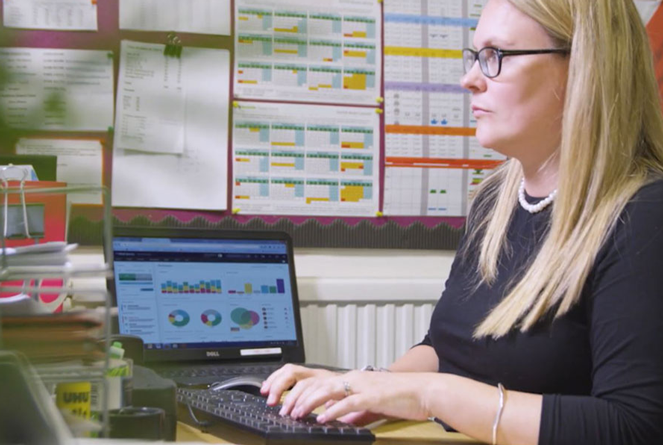“I cannot teach anybody anything, I can only make them think.”
Socrates is credited with saying, “I cannot teach anybody anything, I can only make them think.”
Whether he actually said these words in ancient Athens or not, ‘Socratic Method’ or ‘Dialogic Teaching’ continues to be one of the most effective teaching methods and has questioning at its heart.
Create a Climate Where Learners Feel Safe to Make Mistakes
Effective questioning takes planning and practice. It’s important that a climate is created where learners feel safe to make mistakes and there are various techniques that can support this:
- Using a ‘no-hands’ rule makes your classroom inclusive and ensures that all learners know that they’re likely to be asked for a response.
- Building in wait time is critical and takes nerve – even a short silence can feel like an eternity – but it lets learners gather their thoughts. You can support this by encouraging learners to talk to a partner so they can think about and rehearse their answer.
- Using prompts and more probing questions teases out answers and moves learners‘ thinking on (see Bloom’s below).
- Placing a requirement on the answer, such as a minimum number of words, encourages longer responses.
Don’t Forget Bloom’s…
And don’t forget Bloom’s taxonomy – it’s a great framework for planning your questions to check prior knowledge and to identify any misconceptions. The updated verb-based version is more dynamic than Bloom’s original and focuses on moving learners from concrete to abstract knowledge (factual → conceptual → procedural → metacognitive) and from lower to higher order thinking skills (remember → understand → apply → analyse → evaluate → create).To support you in deciding where your learners are in their learning, we have developed Resources to Support the Identification of Gaps in Reading, Writing and Maths for Years 1-6 which includes questions to check prior knowledge and to identify any misconceptions.


/Primary%20school%20.jpg?width=2000&name=Primary%20school%20.jpg)








.png?width=940&height=788&name=Lingfield%20College%20Case%20Study%20(5).png)
-1.png?width=1000&height=833&name=National%20Association%20of%20Head%20Teachers%20(3)-1.png)
-3.png?width=1080&height=1080&name=Untitled%20design%20(10)-3.png)






